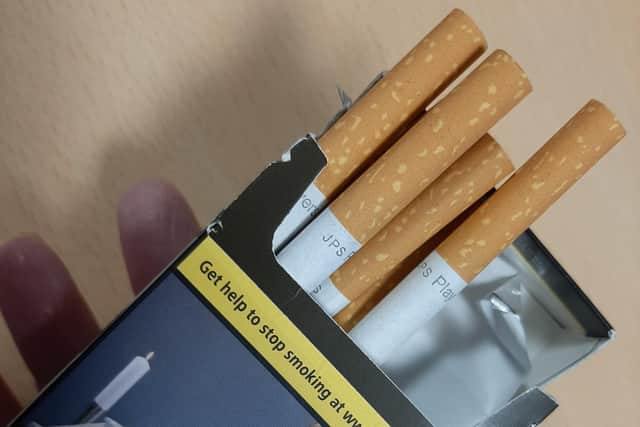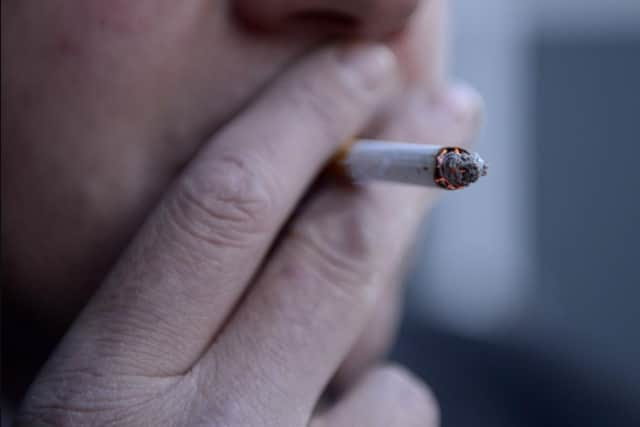The Sheffield neighbourhoods where people are three times more likely to smoke
and live on Freeview channel 276
Manor, Gleadless Valley, Southey, Burngreave and Darnall are the areas with the most smokers.
Almost 20,000 people in Sheffield have managed to quit and the city has some of the lowest rates of adult smokers.
Advertisement
Hide AdAdvertisement
Hide AdThe number of tobacco related deaths from heart disease, stroke, COPD, lung and oral cancer have continued to fall in recent years.


But around 61,000 adults continue to smoke and there is an inequality gap.
A quarter of people working in routine and manual occupations smoke and people living in social housing are three times more likely to.
Sheffield Council says the more disadvantaged you are, the more likely you are to smoke – and least likely to be able to afford it.
The economic impact


Advertisement
Hide AdAdvertisement
Hide AdSarah Hepworth says in a report: “The average smoker spends between £2,000 to £5,000 a year on tobacco, costing Sheffield smokers £122m to £305m per year.
“Each year in Sheffield – when income and smoking costs are taken into account – 14,189 households are driven into poverty.”
The council warns smokers’ employment chances and average earnings are also damaged.
“In Sheffield 4,130 people are economically inactive due to smoking and smokers earn 6.8 per cent less than non-smokers.
Advertisement
Hide AdAdvertisement
Hide Ad“The underemployment of smokers is likely due to higher levels of ill health which make it more difficult for them to maintain full employment to state pension age.
“When these costs, and the loss to society of people dying while still of working age are taken into account, smoking in Sheffield costs £159 million in lost productivity.”
The health problems
Each year 6,000 people are admitted to hospital and tobacco kills around 1,000 people each year in the city – more than Covid per year to date.
Long term smokers die on average 10 years earlier and many will spend years in poor health living with a serious smoking-related illness. They need social care support ten years earlier.
Advertisement
Hide AdAdvertisement
Hide AdThere are also environmental impacts. Tobacco production, which occurs mostly in low and middle income countries, contributes to climate change and drives deforestation.
Children who smoke
It is estimated that 939 11–15-year-olds start smoking in Sheffield annually, and that two thirds of adult smokers started before they reached 18.
The report says: “Smoking is highly addictive, with two thirds of those who try smoking going on to become daily smokers.
“For every three young smokers, it’s estimated that only one will quit, and one of those remaining smokers will die prematurely from smoking-related disease and disability.”
Helping smokers quit
Advertisement
Hide AdAdvertisement
Hide AdAnnually, £60,000 will support pregnant women to quit and £40,000 will help trading standards tackle cheap and illicit tobacco to prevent children from starting to smoke.
An extra £20,000 will be spent on stop smoking services and all major public institutions in the city have now introduced smoke free sites.
Community services aimed at targeted groups will offer behavioural support and prescribed medicines or vapes.
The council also wants social care, housing, citizens advice, food banks, community and faith sectors to offer very brief advice on quitting smoking.
